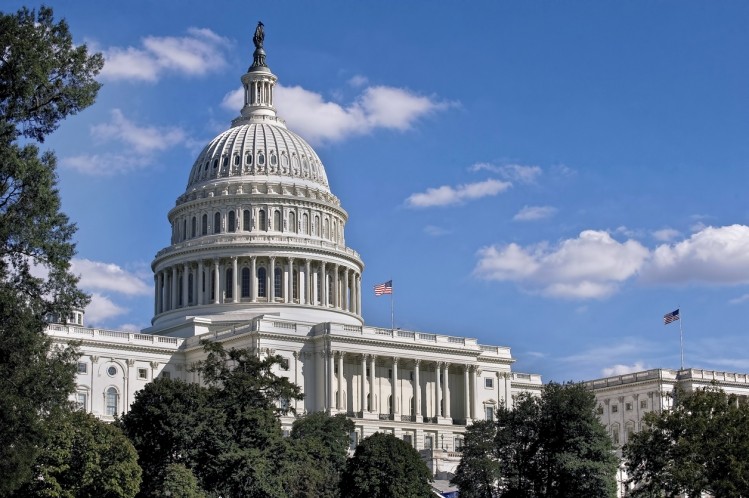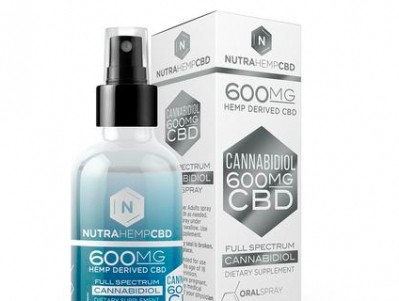More enforcement, progress on NDI guidance called for in FDA funding bill

The four-bill package, which passed the Senate with close to unanimous approval, provides funding for several agencies, including FDA. The budget authorized for FDA for the coming fiscal year is just less than $3 billion, which is a $160 million increase.
A companion bill is before the US House of Representatives but has yet to be brought forward for floor action.
Enforcement and the status of the New Dietary Ingredients Draft Guidance were two of the major themes that came out of the legislation, said Loren Israelsen, president of the United Natural Products Alliance. UNPA senior advisers Patricia Knight and Peter Reinecke provided a report of the Senate proceedings.
Emphasis on enforcement
“Something we all agree on is the need for greater enforcement against bogus products such as drugs or other dangerous ingredients masquerading as dietary supplements,” Israelsen told NutraIngredients-USA.
“We are well aware that this is a real concern and we urge FDA to continue to treat that as a high priority. It checks all the boxes such as being a public health concern, defrauding consumers and damaging their perception of the industry,” he said.
According to Knight and Reinecke, the Appropriation Committee’s report, which accompanied the bill, strongly urged the agency to continue to invest resources into oversight and inspection of dietary supplement manufacturing facilities. The message from FDA for a number of years has been that the industry is not coming up to speed on GMP compliance fast enough.
The committee also urged FDA to continue collaboration with the Department of Justice to remove illegal dietary supplements from the market.
Clarity needed on NDIs
On the NDI front, the message is that clarity, an alignment with legislative intent, and a realistic assessment of costs are in order, Israelsen said.
“We all want to see the NDI process advancing. We need a system that respects the intent of Congress when it passed DSHEA,” he said.
Many industry stakeholders have observed that the NDI filing process has evolved to become increasingly stringent, with ever higher levels of evidence of safety being required. There is a feeling in the industry that some ‘successful’ NDI Notifications from previous years might not make the grade if they were filed today.
In some ways, the situation can be likened to what happened with the evaluation of health claims on dietary supplements and ingredients by the European Health Safety Authority (EFSA). In that case, companies complained that the goalposts moved significantly during the process, meaning that dossiers that appeared to provide sufficient support for a claim at the beginning of the procedure ended up being deficient by the end.
To some degree, Israelsen said the evolution of both processes was to be expected. Regulators become more familiar with a new process and over time they massage it to better match what they believe to be the original intent. While the intent might be good, the practicality of what’s being called for must be kept in mind as well, Israelsen said.
“This is an expected and somewhat normal evolution. The problem is that the process evolved beyond recognition over time. Those who have gone through the NDI process in recent years have reported that it has become increasingly rigorous and expensive,” Israelsen said.
“Industry needs incentives and reasons to file NDIs that are affordable. If the numbers of NDI Notifications rise going forward that would help us to focus on those ingredients that are persistently not notified and that are the real problem,” Israelsen said.
The committee’s report specifically directed FDA to issue an NDI guidance that, “[I]s consistent with the DSHEA while continuing to use current statutory authorities to remove unsafe ingredients and products. The Committee further encourages the FDA to take industry standards and marketplace disruption into consideration when issuing any guidance on NDIs.”
CBD issue
The funding bill also contains a provision put forward by Sen. Mitch McConnell (R-KY). It would in effect prevent industrial hemp products from being considered controlled substances. McConnell has in recent years become a strong advocate of the growing industrial hemp industry in his state.
The provision is seen as unlikely to change FDA’s current stance that CBD is not a legal dietary ingredient. But it probably will make the sale of these products more widespread, which can only serve to bring more pressure to bear on finding an overarching regulatory solution to the current somewhat confusing situation.









